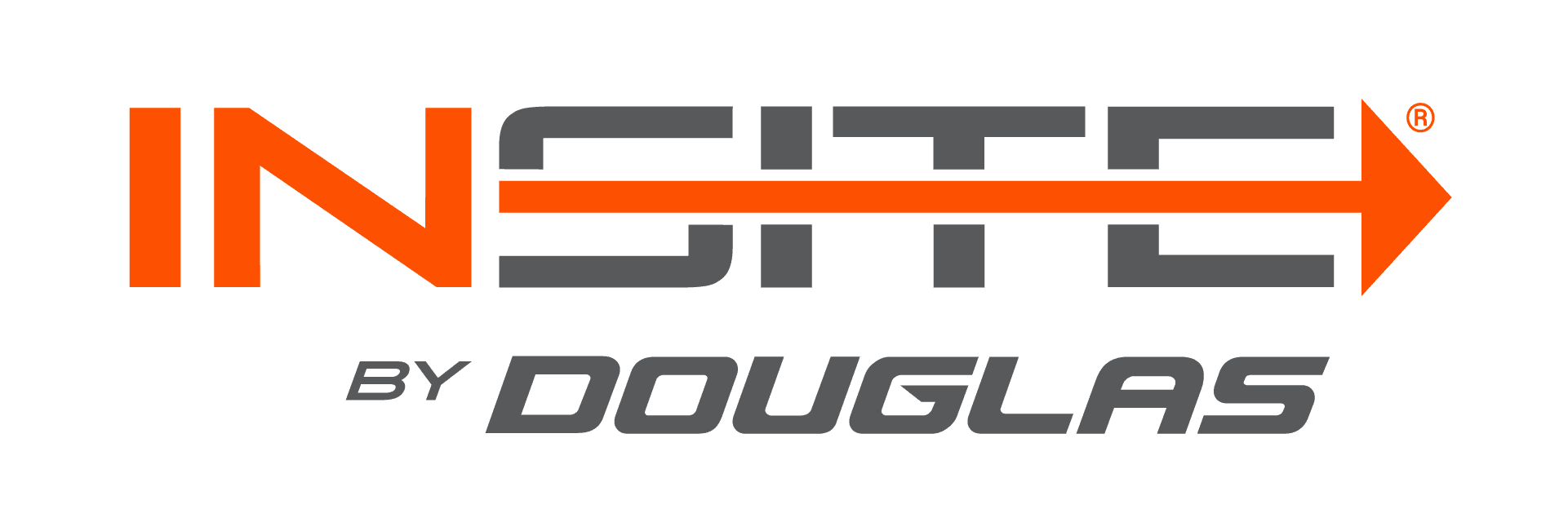(While it’s a bit outside our case erector and case sealer ‘sweet spot,’ this one spoke to us—so we’re sharing. Read on!)
Consumer Packaged Goods giant Unilever made some news last week when Chief Marketing Officer Keith Weed announced that the company won’t work with social media influencers who buy followers. He also promised Unilever’s brands would never resort to buying followers for themselves. With brands like Dove, Axe, Ben & Jerry’s, Lipton, Suave, and Ultrex, Unilever is an enormous buyer of advertising and marketing across the globe.
Wood’s comments were part of a bigger indictment of social media as a whole (in particular Instagram, as the biggest platform for social marketing), decrying the shady practice of buying followers. Wood called on the advertising industry to join Unilever in an effort to “increase integrity and transparency in the influencer space” and “eradicate bad practices throughout the whole ecosystem.”
The practice of buying followers has been elevated in the public conscience of late. In January the New York Times ran a big, multi-media story on the practice, and it’s been a big concern for brands focused on sincerity, honesty, and transparency. How do you create authentic relationships with your customers when you’re engaged (whether willfully, knowingly, or not) in the practice of buying fake followers? It can pose a very real challenge.
Another reason for this change is, frankly, financial. Getting a promotional tweet from an influencer with 100,000 followers could cost an advertiser an average of $2,000. Someone with 1,000,000 followers? That might be $20,000. But how many of those followers are people—that is, potential customers—and how many are mindless bots? The Times story highlighted one company, Devumi, that has sold 3.5 million automated accounts to a number of people who wanted more followers on Twitter, selling the same fake accounts over and over. All companies want to get their products in front of people—it’s why they have advertising and marketing budgets. But money—even a small amount of it—spent to put a product in front of a bot is 100% wasted.
In some ways this consumer-esque story feels awfully distant from INSITE’s industrial, business-to-business world. But look a little deeper and you’ll notice why this story resonates with us. Beyond building good equipment, one of our biggest goals as a company is to honor your time by removing (or at least reducing) the friction you encounter when you seek information about secondary packaging equipment, specifically case erectors or case sealers. And if we’re fortunate enough to have you choose one of our packaging machines we want the process of submitting an order, installing your machine, and operating it to feel—and be—quick, easy, comfortable and risk-free.
So how do we achieve this? The only way we know is to do it with integrity (what we sell is what we build), and with transparency (we share what we know). In practical terms that means that we build industry-leading case erectors and case sealers. It also means that outside of intellectual property or trade secrets, everything we can put on our website about our case erectors and case sealers, we have (or will, as we add more information and products). These are the things you do when your entire operating premise is based on Straight, Forward, Packaging Automation.
Not surprisingly, what we don’t do is ask Kim Kardashian to make promotional tweets or posts about regular slotted cases shooting through our case erector at a rate of 30 per minute. While there’s a tiny chance some of you might follow Kim K online, exactly none of you would be interested in her thoughts on case erectors or case sealers and how they might fit into their production lines. But more importantly, that’s just not how we want to work.
While we sell case erectors and case sealers, we’re most interested in building a business. Around you.




